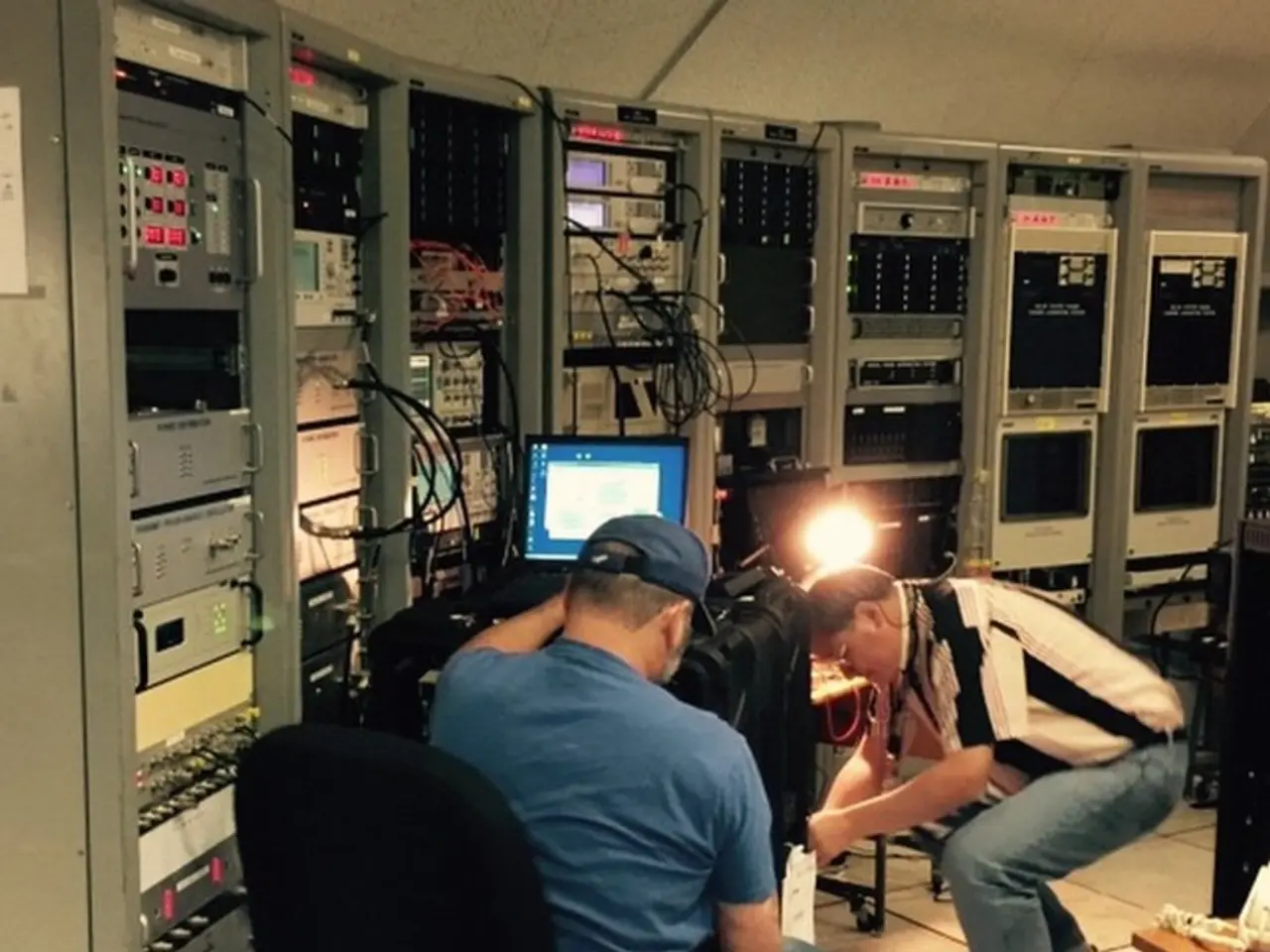Guiding Through Changing Lands: A Healthcare Project Manager's Experience
In the dynamic world of healthcare, project managers face a unique set of challenges and triumphs that require a keen eye for detail, resilience, and adaptability. A seasoned project manager at a leading healthcare company, who oversees the execution of projects within the domain, shares their experiences and best practices.
### Top Challenges
1. **Complexity of Healthcare and Pharmaceutical Projects** Healthcare projects, with their multiple interdependent processes, demand stringent coordination of diverse teams and resources. Clinical trials, in particular, add layers of difficulty due to patient recruitment, variable outcomes, and high costs.
2. **Regulatory Compliance and Changing Standards** The healthcare sector is heavily regulated, requiring project managers to navigate numerous and frequently updated regulatory requirements across jurisdictions. Staying current with these evolving rules is essential but challenging.
3. **High Risks and Uncertainty** Healthcare projects face risks such as supply chain disruptions, adverse patient reactions, trial failures, safety concerns, and the challenge of implementing innovations. These risks can lead to project delays, increased costs, or outright failure.
4. **Virtual Team Management and Communication** Managing healthcare projects often involves coordinating virtual or distributed teams. Challenges include unclear roles, lack of accountability, difficulty fostering collaboration, and limited visibility into team progress.
5. **Integration and Breaking Down Silos** Healthcare organizations may suffer from information silos due to multiple, disconnected tools. This fragmentation hampers strategic decision-making, reduces efficiency, and complicates project oversight.
### Triumphs and Best Practices
1. **Improved Care Delivery and Patient Outcomes** Effective project management in healthcare, especially nursing, can markedly improve efficiency and effectiveness in care delivery. Successful projects can position healthcare facilities as industry leaders and inspire innovation across the sector.
2. **Strategic Leadership and Innovation** Modern project managers are evolving into strategic orchestrators who drive innovation, integration, and impact by leveraging AI, predictive analytics, and emotional intelligence.
3. **Use of Centralized Platforms and AI Tools** Consolidating IT tools into centralized work management platforms enhances data visibility, reduces redundant work, and supports AI-driven automation of routine tasks.
4. **Clear Communication and Accountability in Virtual Settings** Defining clear project goals, shared task understanding, and frequent progress monitoring enhance virtual team performance. Team-building activities foster collaboration and trust, ensuring accountability and reducing conflicts.
5. **Lifelong Learning and Skill Development** Education programs, like RN to BSN pathways, prepare healthcare professionals to take on leadership roles in project management, contributing to continuous improvement in healthcare delivery.
The speaker's journey in healthcare project management is a testament to resilience, adaptability, and unwavering commitment in the sector. Despite the challenges, they remain optimistic about the future, seeing each day as an opportunity to make a meaningful impact in the evolving landscape of healthcare.
In the dynamic process of overseeing projects within health-and-wellness, the speaker finds that navigating complex healthcare and pharmaceutical projects entails stringent coordination and high adaptability due to variables such as patient recruitment, clinical trials, and regulatory requirements. To facilitate science-based innovation in this sector, project managers must routinely develop and employ best practices such as leveraging centralized platforms and AI tools, fostering clear communication and accountability, and pursuing lifelong learning and skill development.




